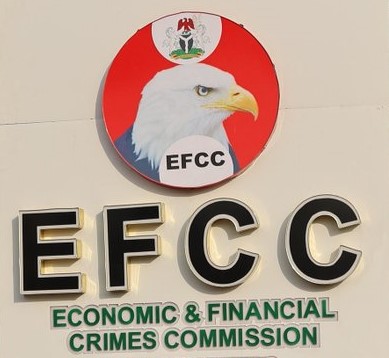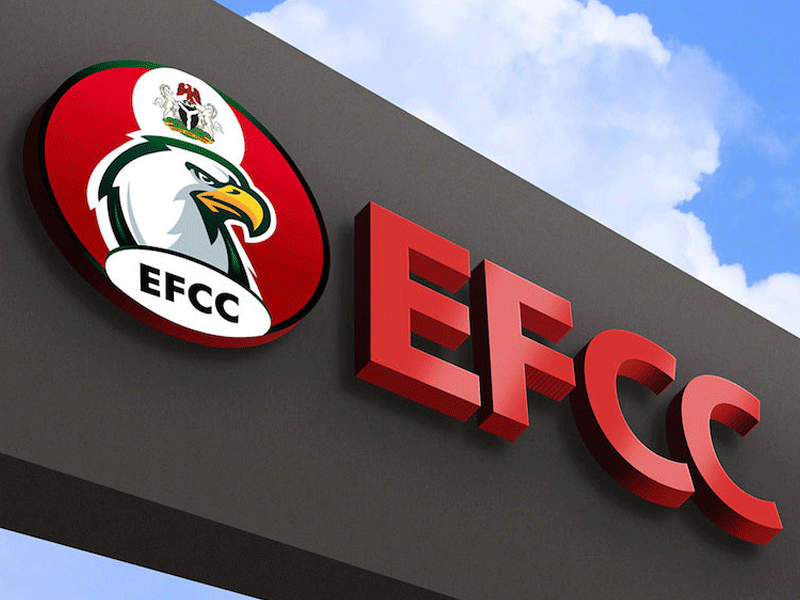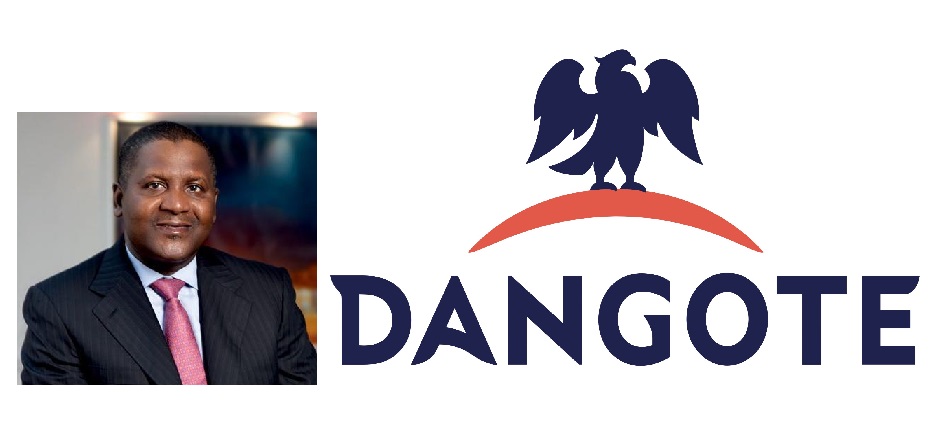Suspect Impersonated Foreigners to Defraud Victims Worldwide
The Economic and Financial Crimes Commission (EFCC), Uyo Zonal Directorate, has arraigned one Omereonye Solomon Chigozie (popularly known as Kolor Cabiek Ye) on charges related to internet fraud, impersonation, and obtaining money under false pretenses.
According to a statement released on Monday by the EFCC spokesperson, Dele Oyewale, the suspect was arraigned on Thursday, March 20, 2025, before Justice Maurine A. Oyetenu of the Federal High Court, Uyo, Akwa Ibom State. He faces a two-count charge for allegedly using a fictitious Facebook account to defraud unsuspecting victims of $1,500 (One Thousand, Five Hundred United States Dollars).
Allegations Against the Suspect
Court documents revealed that between 2019 and 2024, Chigozie allegedly impersonated foreign nationals on Facebook under the name Kolor Cabiek Ye to deceive and extract money from his victims. The EFCC stated that his activities violated sections of the Cybercrime (Prohibition, Prevention, etc.) (Amendment) Act 2024 and the Money Laundering (Prevention and Prohibition) Act 2022.
One of the charges against Chigozie read:
“That you, Omereonye Solomon Chigozie (aka Kolor Cabiek Ye), sometime between 2019 and 2024 in Nigeria, within the jurisdiction of this Honourable Court, with intent to obtain property and gain advantage fraudulently, presented yourself as ‘Kolor Cabiek Ye’ on the social media platform Facebook, thereby committing an offence contrary to Section 22 (2)(b)(i) of the Cybercrime (Prohibition, Prevention Etc) (Amendment) Act 2024, and punishable under Section 22(2)(b)(iv) of the same Act.”
The second charge stated:
“That you, Chigozie Omereonye Solomon (aka Kolor Cabiek Ye), sometime between 2019 and 2024 in Nigeria, within the jurisdiction of this Honourable Court, did take possession of the sum of $1,500 while impersonating ‘Kolor Cabiek Ye’ on Facebook, which you reasonably ought to have known forms proceeds of an unlawful act, thereby committing an offence contrary to Section 18(2)(d) of the Money Laundering (Prevention and Prohibition) Act 2022 and punishable under Section 18(3) of the same Act.”
Suspect Pleads Not Guilty as EFCC Pushes for Trial

When the charges were read in court, Chigozie pleaded not guilty to the fraudulent activities pressed against him. In response, the EFCC’s prosecution counsel, Enobong Ubokudom, urged the court to set a trial date and order the defendant’s remand at a correctional facility pending the commencement of legal proceedings.
Chigozie’s defence counsel, Ikwere Davies, did not oppose the prosecution’s request.
After listening to both sides, Justice Oyetenu adjourned the trial to May 22, 2025, and ordered that the suspect be remanded at the Uyo Correctional Centre until further proceedings.
How Chigozie Was Caught: EFCC’s Investigation Findings
The EFCC disclosed that Chigozie was arrested on October 3, 2024, in Uyo following credible intelligence regarding his suspicious online activities. Investigations revealed that he had been masquerading as a foreign national on Facebook, deceiving people, and collecting money under false pretenses.
Further findings showed that the suspect had been targeting victims from different countries, exploiting their trust and manipulating them into sending money through various online transactions.
The Growing Threat of Cybercrime in Nigeria
Chigozie’s case highlights the increasing concerns over internet fraud in Nigeria, often referred to as “Yahoo Yahoo.” The EFCC has intensified its crackdown on cybercriminals across the country, especially in major cities like Lagos, Abuja, Uyo, and Benin—all known hubs for online scams.
With the rise of digital transactions and social media fraud, law enforcement agencies have stepped up operations to track down perpetrators and ensure they face the full weight of the law.
What Happens Next?
Read also: NNPP Chieftain Cautions Kwankwaso Against Rushed Political Merger Ahead of 2027
With Chigozie’s trial set for May 22, 2025, legal experts predict that if found guilty, he could face serious penalties, including lengthy jail time, fines, and forfeiture of illegally acquired assets.
The EFCC has reiterated its commitment to fighting cybercrime and protecting innocent citizens from fraudsters who exploit digital platforms for illegal activities.
As the case unfolds, Nigerians are reminded to be cautious of online interactions, especially with individuals claiming to be foreign nationals or requesting financial assistance through social media platforms.
















Got a Questions?
Find us on Socials or Contact us and we’ll get back to you as soon as possible.